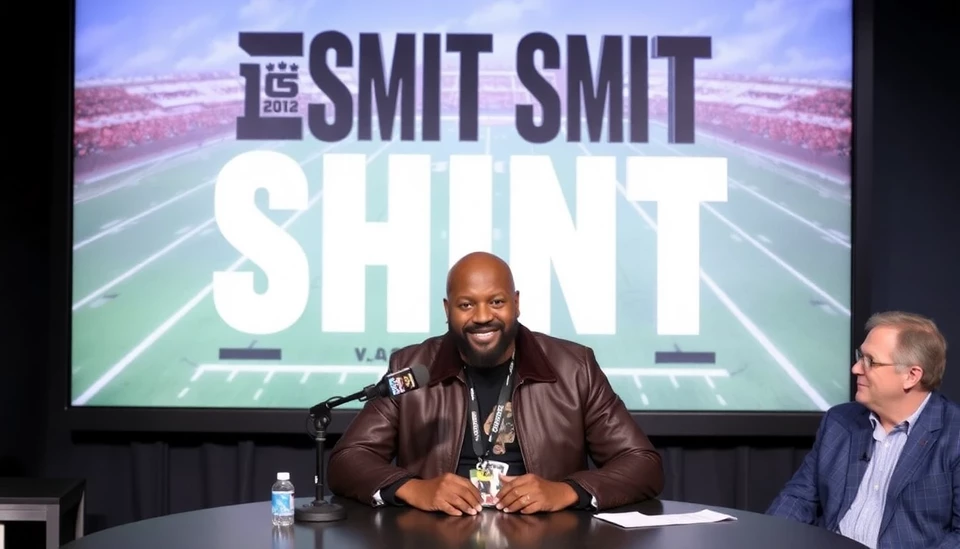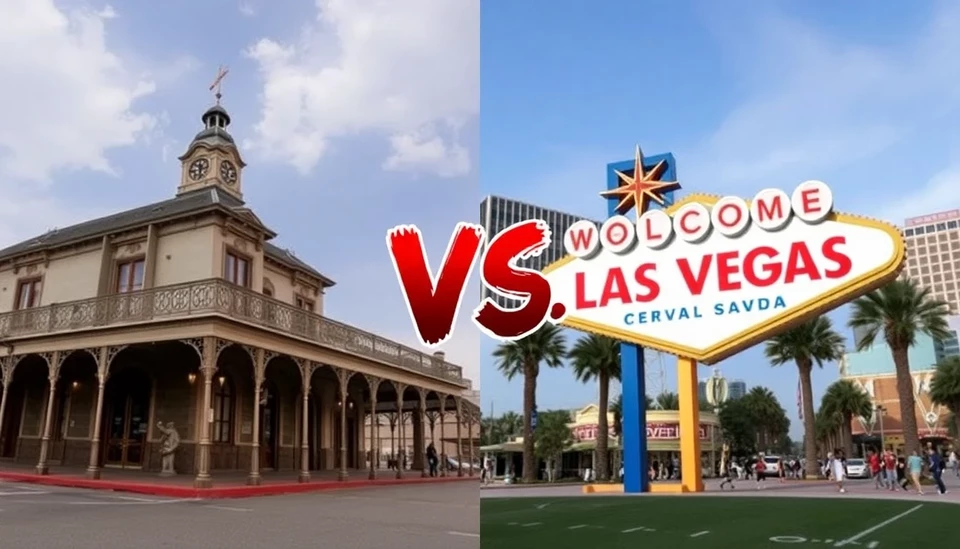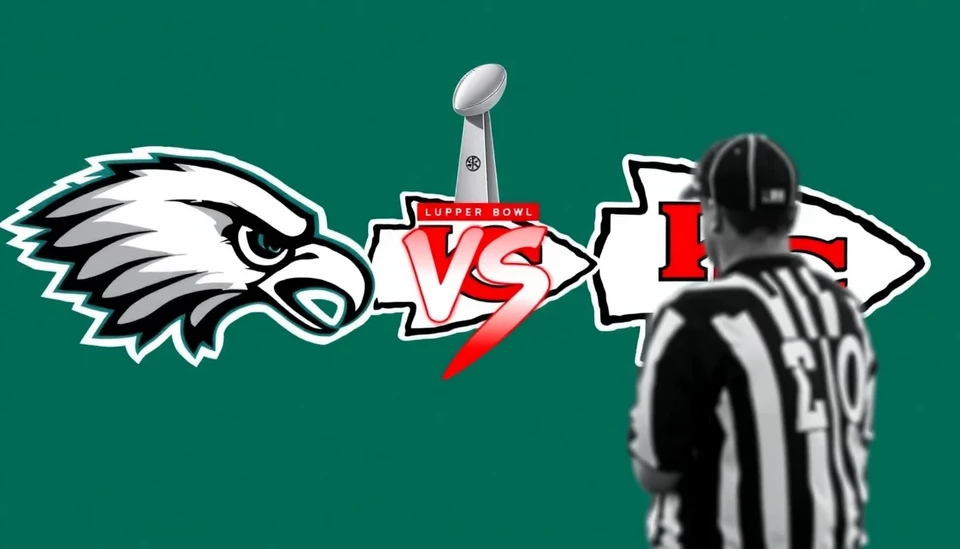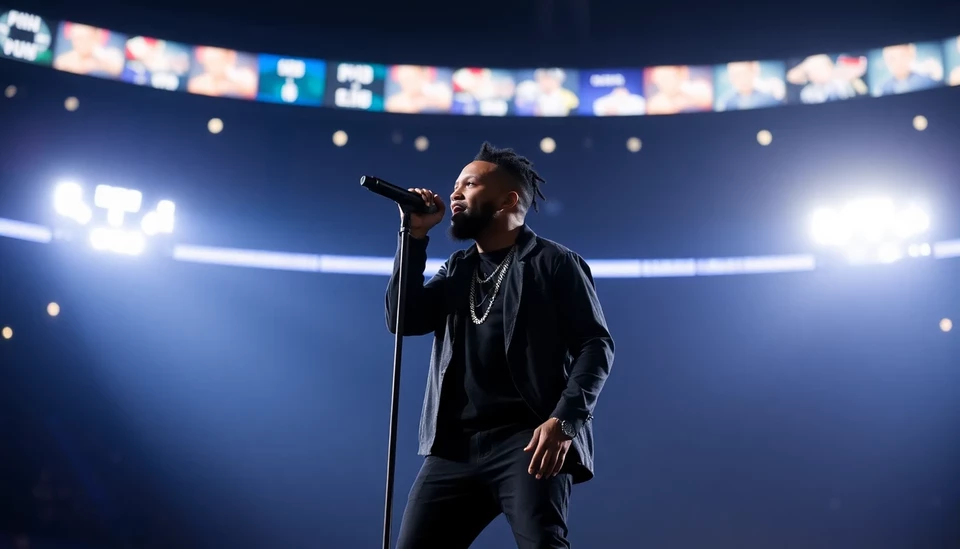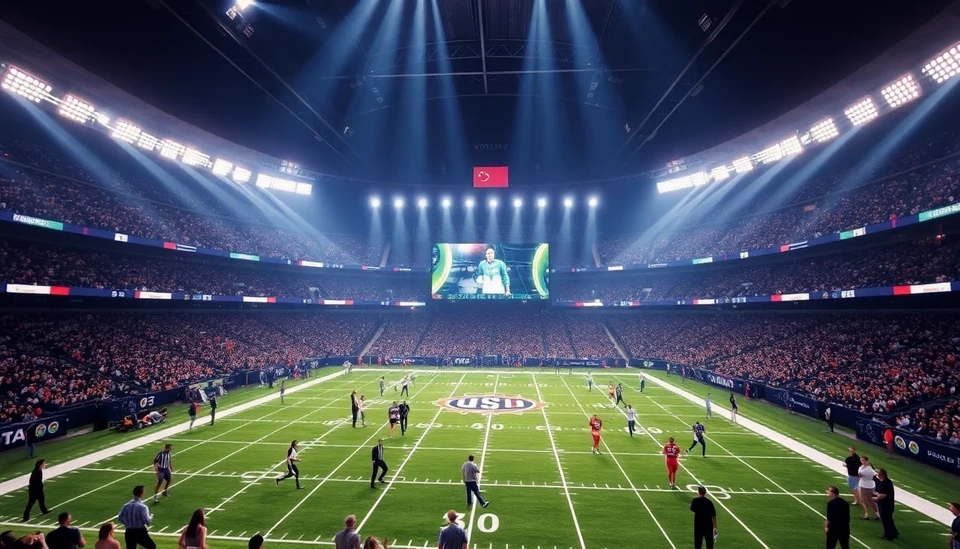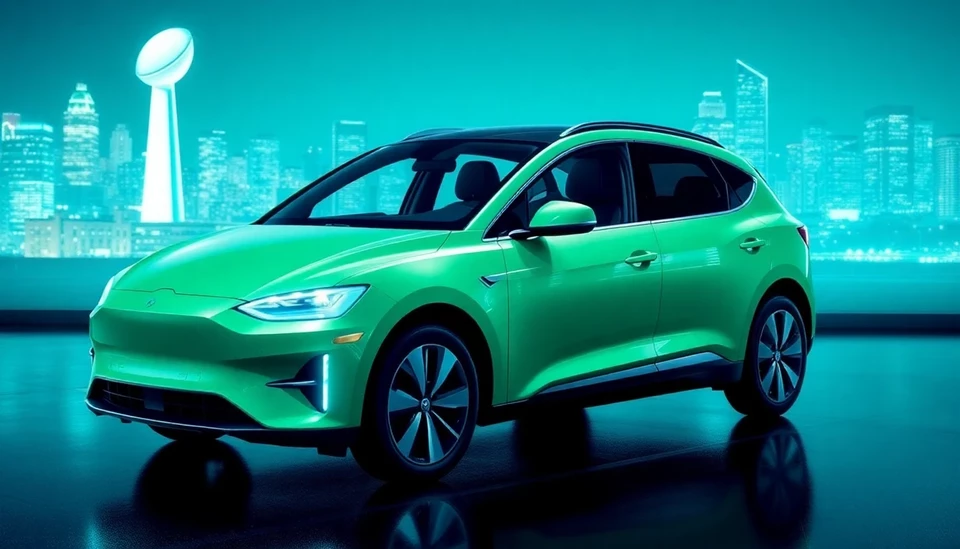
The Super Bowl has traditionally been a platform for brands to showcase their most innovative and eye-catching advertisements, but as the 2025 game approaches, a significant shift is occurring in the advertising landscape. This year, the number of electric vehicle (EV) ads is on the decline, a change that many attribute to a recent barrage of attacks on clean technology from former President Donald Trump.
In previous years, car manufacturers took full advantage of the Super Bowl's audience, prominently featuring electric models in their ad campaigns to promote sustainable practices and cutting-edge technology. However, this year, it seems that many brands are reassessing their strategies and are choosing to shy away from such themes, especially with the political climate heavily influencing consumer perceptions about electric vehicles.
Trump, in a series of public statements, has taken a firm stance against the push for cleaner energy solutions, calling out the viability and sustainability of electric vehicles. His comments resonate with a considerable segment of the population that remains skeptical about the efficacy of EVs and the government's push towards electrification in transportation. As a result, manufacturers are wary of potential backlash, choosing instead to focus their advertising efforts on more traditional vehicles that align with the sentiments of a portion of the viewing audience.
This pivot away from electric vehicle advertising not only indicates the influence of political discourse on consumer sentiment but also raises questions about the future of the automotive industry during a pivotal transition towards sustainable practices. Analysts note that while the long-term trajectory for EVs continues to trend positively, these short-term shifts in strategy could impact sales and perception in the immediate future.
Furthermore, this year's Super Bowl will see a wider range of advertising styles and messages, as brands attempt to capture attention in an environment increasingly marked by polarized opinions. Companies are keenly aware that their messaging can evoke strong reactions, and as such, many are opting for a safer and more universally appealing advertising approach this season.
Ultimately, it remains to be seen how these changes will influence consumer behavior towards electric vehicles in the long run. The industry's commitment to sustainability and clean technology is unwavering, yet the interplay of political rhetoric and consumer perceptions may create significant hurdles.
As the Super Bowl airs on February 10, 2025, the absence of electric vehicle ads will serve as an intriguing indicator of the current state of public opinion on clean technology and the broader automotive industry.
In conclusion, while the Super Bowl has always been a reflection of current trends and societal attitudes, this year’s less visible presence of electric vehicle advertising brings to light the profound impact of political discourse on consumer choices. As the automotive landscape continues to evolve, it will be critical for manufacturers to navigate these challenges thoughtfully.
#SuperBowl2025 #ElectricVehicles #EVAds #DonaldTrump #CleanTech #PoliticalClimate #AutomotiveIndustry
Author: Megan Clarke
